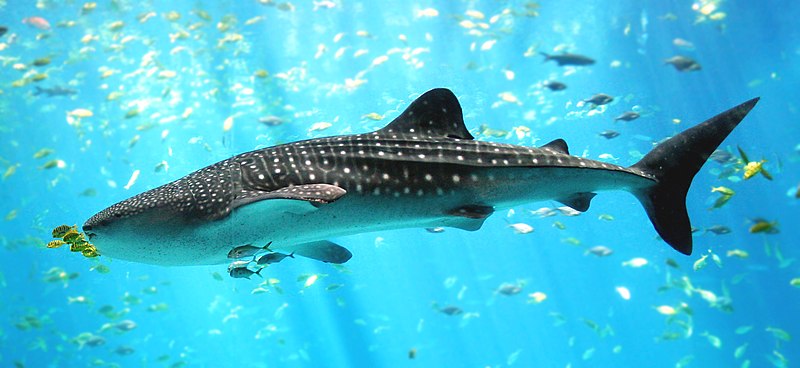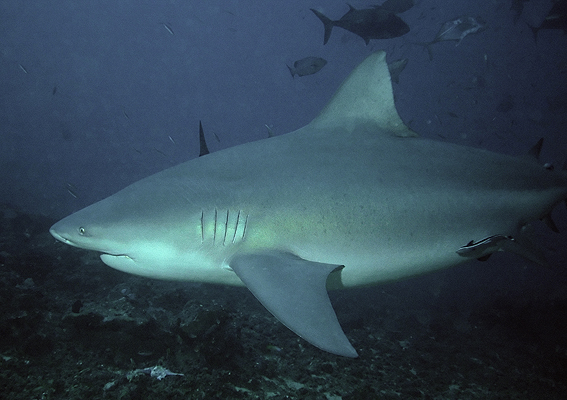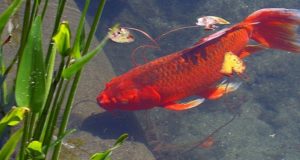 More than 50 days after the explosion, and all we have is more oil leaking and more promises of a reliable fix. BP has successfully placed the cap on top of the ruptured pipe, collecting some of the oil. Meanwhile, more oil appears in new locations day by day. Depending on currents and winds, parts of Coastal Louisiana continue to bear the brunt of the slick. Coastal sections of Mississippi, Alabama, and the Panhandle of Florida have seen some oil, mainly in the form of tar balls. However, it is feared that strong southerly winds over the next few days will push more oil into the Panhandle of Florida affecting Pensacola Beach and other popular destination areas. Unfortunately, this is not only bad for the environment but also for the local economies. It is still unclear when BP will get the oil leak stopped, I have heard speculation of a few weeks, months, and even into next year. We can all only hope that it will be sooner than later.
More than 50 days after the explosion, and all we have is more oil leaking and more promises of a reliable fix. BP has successfully placed the cap on top of the ruptured pipe, collecting some of the oil. Meanwhile, more oil appears in new locations day by day. Depending on currents and winds, parts of Coastal Louisiana continue to bear the brunt of the slick. Coastal sections of Mississippi, Alabama, and the Panhandle of Florida have seen some oil, mainly in the form of tar balls. However, it is feared that strong southerly winds over the next few days will push more oil into the Panhandle of Florida affecting Pensacola Beach and other popular destination areas. Unfortunately, this is not only bad for the environment but also for the local economies. It is still unclear when BP will get the oil leak stopped, I have heard speculation of a few weeks, months, and even into next year. We can all only hope that it will be sooner than later.
BP has spent over a billion dollars, so far, in oil spill related costs. However, no dollar amount is going to save the environment from the disaster that is unfolding. From  plankton to whales, this disaster is going to have a lasting effect even after the last drop of oil enters the Gulf of Mexico. I wanted to talk about some of the animals effected by the oil spill in the Gulf. Even animals not directly in contact with the sludge will be at risk from the trickle of this toxic mess through the food chain.
plankton to whales, this disaster is going to have a lasting effect even after the last drop of oil enters the Gulf of Mexico. I wanted to talk about some of the animals effected by the oil spill in the Gulf. Even animals not directly in contact with the sludge will be at risk from the trickle of this toxic mess through the food chain.
There are 28 marine mammals that can be found in the Gulf of Mexico. Several species of dolphins and whales, and even manatees are the common around the spill area. Typically crude oil does not stick to whales and dolphins like it does birds, but their biggest problem is the tainted fish and plankton they feed upon. Its the bait fish and plankton that are accumulating the oil, because it looks like food floating on the surface or just below. There have been over 30 dolphins reported dead so far in region, most likely in correlation to the oil. It will take the larger mammals a bit longer, because they can consume more oil before it becomes a fatal problem. Manatees are found in coastal/wetland environments where the oil will be concentrated, exposing them to more oil for a longer duration. Once the oil reaches the manatee habitats, the impact will be seen more immediately.
 There are 16 species of sharks in the gulf. Whale Sharks, the largest fish in the world, are frequent visitors to the gulf and may the most vulnerable. Because Whale Sharks are filter feeding fish, they takes in huge volumes of water at a time, straining in for plankton and then releasing the water through their gills. The oil will coat the gills of these magnificent fish. If they don’t suffocate, the polluted plankton that the whale shark is consuming will poison them.
There are 16 species of sharks in the gulf. Whale Sharks, the largest fish in the world, are frequent visitors to the gulf and may the most vulnerable. Because Whale Sharks are filter feeding fish, they takes in huge volumes of water at a time, straining in for plankton and then releasing the water through their gills. The oil will coat the gills of these magnificent fish. If they don’t suffocate, the polluted plankton that the whale shark is consuming will poison them.
Bull Sharks are also at a higher risk. They tend to stay in the shallow waters, feasting on fish that are most likely consuming or covered in oil. Fish that are covered in oil or having health issues due to oil exposure are more vulnerable to top predators such as the Bull Shark. The Deep Water Horizon explosion happened at the start of the shark migration and pupping season in the gulf. Bull sharks and other species come to the gulf and the Mississippi sound where their pups are delivered and take shelter in the marshes. The adults will have already been exposed to the oil in deeper water, and it will be unknown how pollutants will effect their young.
Recently sightings of sharks an other fish usually found in deeper waters are being reported closer to shore. Whether disoriented, ill, or just scared, fish like Tiger Sharks, tuna and Mahi Mahi are seemingly on the run from the sludgy mess…
More on the topic next week, until then hope for the best.
Bull Shark image referenced from wikipedia and originally posted by Pterantula shot by Terry GossWhale Shark image referenced from wikipedia and originally posted by Zac Wolf
 That Fish Blog – Aquarium Advice and Information
That Fish Blog – Aquarium Advice and Information


this is so helpful for me i can find what i am lookin for and do my repot on it!!! i give it 4 out of 5 stars!!!
Thanks for this information! I’m going to be able to make my report that much more informing for the people who read it!
Ok so yea i am savinq
ifeel so bad for us nn especiaslly then!
This was pretty helpful however i needed to know ‘the number of species affected by the oil spill’
if any one sees the answer that i may have missed plz comment
thx:)
Don’t know if there is a way to answer that question. There are hundreds of species that make their homes in the gulf and along it’s shores, but the full effects of the disaster may never be known and the spill will be impacting animals down the food chain for years to come. Sadly just because it may be out of sight it may never be out of mind.
this website is very helpful i have to do a 750 essay about the gulf oil spill and this is very informing!!!
i feel so bad for the animals that got caught in the oil just seeing pictures makes me want to cry because i love animals and i just wish the oil hadnt blew up but all we can do is pray!